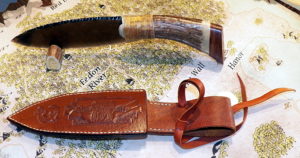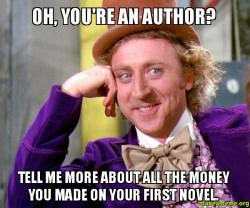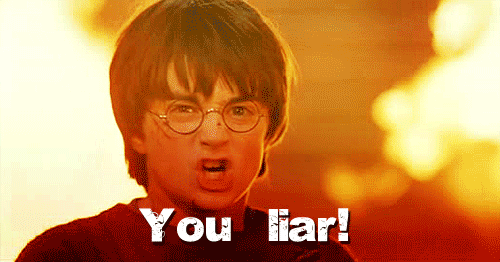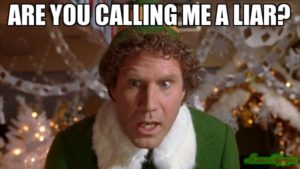This month’s topic really made me sit down and think. Secret sauce? What writing secrets or style unique to me could I have developed? After all, I don’t even have anything published yet. Wouldn’t it be disingenuous for me to even position myself as having a style? Is a ‘Dave Heyman’ style story even a thing? If there is one, it’s not a conscious one.
For starters, I set about on some inventory. I may not have anything published, but I’ve written quite a bit. Three complete novels, each more than a hundred thousand words, with the fourth novel in progress. One novella that adds another fifty thousand words, and a dozen or so short stories. I’d say I’ve written more than a half-million words in the past three years, so there’s enough data there to sift through and see what they all have in common.
So I sat down and did just that. When I was done, the results really surprised me. Turns out I have a few tendencies after all. Over time I had in fact created a ‘Dave Heyman’ style, completely by accident!
A few key elements of my style:
UNUSUAL SETTINGS – With the exception of my very first novel (which is set in a very traditional ‘epic’ fantasy setting) I seem to favor less traditional settings. A ‘city’ made up of lashed together sailing ships. Nepal in 1950. An isolated community completely inside a frozen crater.
I figure I like unusual settings because it gives me more to work with. A rolling countryside and castles on the hill are fine, but I’ve been there. I want to go some place new, talk about something I haven’t seen a hundred times. I never thought about it before, but the words speak for themselves.
GRAY VILLAINS – They say your villain should be the hero of his/her own story, and that’s something I really believe in. Thus, I am not surprised to see I’ve been humanizing and complicating my antagonists in most of my work. Even as they stand in the heroes way, they usually have reasons for doing so that could be construed as positive, their good or evil more a matter of perspective. Again, I didn’t really set out to do this, but this is the same sort of villain I like to read about.
Interestingly enough, my heroes are nowhere near as gray. This might be an area I can improve on in the future, but again I have to recognize I’m not that big a fan of the anti-hero in the fiction I read.
OPEN ENDED CONCLUSIONS – Okay, this one I had already noticed before this little exercise in self-reflection. I don’t like to tie things up nice and neat and put a bow on top. I like endings that allow the reader a little freedom to express some of their own creativity. I realize this is not what everyone wants, but try as I might I just don’t feel satisfied writing those endings where I place the last puzzle piece in during the last chapter.
Of course, I never leave the major questions or plot arcs unaddressed, but I like a little blank spaces here and there. I also like leaving a few minor dangling threads that could be picked up later.
So, those are three elements that I guess represent my ‘style’. I never sat out to establish those, and I wouldn’t recommend a new writer try to do so either. To me, you style is something you will create cumulatively over time and you’ll always be tweaking and modifying it as you go.
Like a lot of things in writing, odds are your style will work better the less you think about it.
See you next time!





 If only this was true. The best advice any professional author can give you is “don’t quit your day job.” You will need the income stability for yourself and your family, plus you may need the healthcare benefits if your day job provides them. Other benefits include life insurance and retirement contributions.
If only this was true. The best advice any professional author can give you is “don’t quit your day job.” You will need the income stability for yourself and your family, plus you may need the healthcare benefits if your day job provides them. Other benefits include life insurance and retirement contributions. I have yet to meet one, although I would hedge and say that J.R.R. Tolkien is probably one of the closest. Every author I know makes a ton of mistakes when writing. After all, that’s why editors were invented. Editors typically have a better grasp of the mechanics of language…or at least the great ones do. The editors will comb through your work and fix all of those comma splices and split infinitives, vacuum out the extra commas, and polish the correct letters when you use to, too, or two.
I have yet to meet one, although I would hedge and say that J.R.R. Tolkien is probably one of the closest. Every author I know makes a ton of mistakes when writing. After all, that’s why editors were invented. Editors typically have a better grasp of the mechanics of language…or at least the great ones do. The editors will comb through your work and fix all of those comma splices and split infinitives, vacuum out the extra commas, and polish the correct letters when you use to, too, or two. Is it hard work? Hell yes, it certainly is! It takes a lot of writing, editing, re-writing, and re-re-writing to put out a decent story. You can’t wait for your muse to inspire you if you’re gunning for the professional author title. Writers write, and that means there is no time for things like “writer’s block”. Can you imagine not selling coffee at your day job because you’re not feeling your coffee muse? Writing is just that, a job. That means you need to learn to be productive. There are a lot of suggestions and recommendations on how to do this on The Fictorians. In fact, this October and November, there will be a NaNoWriMo theme that stresses productivity.
Is it hard work? Hell yes, it certainly is! It takes a lot of writing, editing, re-writing, and re-re-writing to put out a decent story. You can’t wait for your muse to inspire you if you’re gunning for the professional author title. Writers write, and that means there is no time for things like “writer’s block”. Can you imagine not selling coffee at your day job because you’re not feeling your coffee muse? Writing is just that, a job. That means you need to learn to be productive. There are a lot of suggestions and recommendations on how to do this on The Fictorians. In fact, this October and November, there will be a NaNoWriMo theme that stresses productivity.